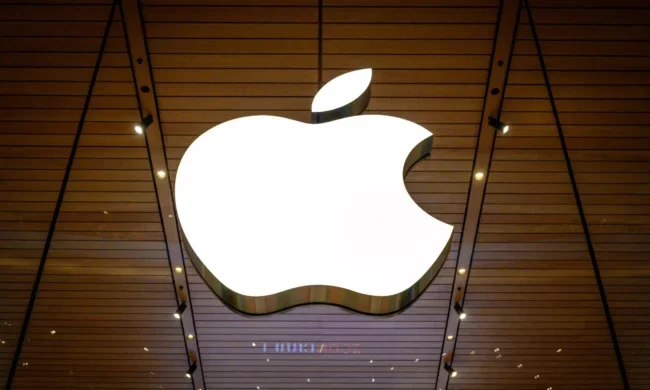Apple Lawsuit with Fintiv: Allegations of Technology Theft and Racketeering
Apple is once again in legal crosshairs, this time over allegations that it misappropriated proprietary technology to build its popular mobile payment service, Apple Pay. The lawsuit, filed by Texas-based fintech company Fintiv, claims that Apple unlawfully leveraged innovations originally developed by CorFire—a company Fintiv acquired in 2014—to power its payment platform across iPhones, iPads, Apple Watches, and MacBooks.
The complaint, submitted in federal court in Atlanta and made public on August 7, accuses Apple of a calculated misuse of confidential technology to dominate the mobile payment market. According to Fintiv, the foundation of Apple Pay’s success rests on technology that was never Apple’s to use.
Apple Lawsuit with Fintiv: Meetings, NDAs, and Alleged Technology Misuse
Fintiv asserts that between 2011 and 2012, Apple held multiple meetings with CorFire, entering into formal nondisclosure agreements (NDAs). These meetings were reportedly aimed at exploring the possibility of Apple licensing CorFire’s mobile wallet solutions.
However, rather than finalizing a licensing deal, Apple allegedly recruited key CorFire employees and utilized confidential information to create Apple Pay, which officially launched in 2014 in the United States before expanding globally. The lawsuit portrays this as a calculated move to bypass agreements and seize competitive advantage without paying for the technology.
Apple Lawsuit with Fintiv: Claims of Racketeering and Corporate Theft
The legal filing goes further, accusing Apple of engaging in an informal racketeering scheme. Fintiv alleges that Apple used Apple Pay to channel transaction fees to major financial institutions—such as Bank of America, JPMorgan Chase, and Citigroup—as well as payment networks like Visa, Mastercard, and American Express.
In a sharp statement, Fintiv’s legal representatives labeled Apple’s actions as “corporate theft and racketeering of monumental proportions.” They argue that Apple has generated billions of dollars in revenue through Apple Pay without offering any form of compensation to Fintiv.
Apple Lawsuit with Fintiv: Legal Demands and Federal Statutes
Fintiv’s lawsuit seeks both compensatory and punitive damages, citing violations under federal and Georgia trade secret laws as well as the Racketeer Influenced and Corrupt Organizations Act (RICO). These claims significantly raise the stakes, as RICO violations carry severe penalties and could potentially lead to substantial financial consequences for Apple.
Apple is named as the sole defendant in the case, and the complaint paints the company as a willful participant in a long-term plan to gain dominance in the mobile payment industry by any means necessary.
Apple Lawsuit with Fintiv: Context in Apple’s Legal Battles
This is not the only courtroom challenge Apple is facing in 2025. Just two months earlier, in June, Apple shareholders filed a proposed securities fraud class action. In that case, the company is accused of misleading investors about the timeline required to integrate advanced artificial intelligence (AI) into its Siri voice assistant—a delay that shareholders claim negatively affected iPhone sales and Apple’s stock performance.
The combined weight of these lawsuits places Apple under intense legal scrutiny, with the potential to impact both its financial standing and public reputation.
Apple Lawsuit with Fintiv: What This Means for the Tech Industry
If Fintiv’s claims hold up in court, the lawsuit could set a precedent for how trade secrets and proprietary technologies are protected in the rapidly evolving fintech and mobile payments sector. It may also open the door for more aggressive legal action against large corporations accused of exploiting smaller innovators.
The case also underscores the competitive pressure in the global digital payment industry, where securing intellectual property can make or break market dominance. With Apple Pay’s role as a major player in the contactless payment space, the outcome of this lawsuit could reverberate across both technology and finance sectors.







